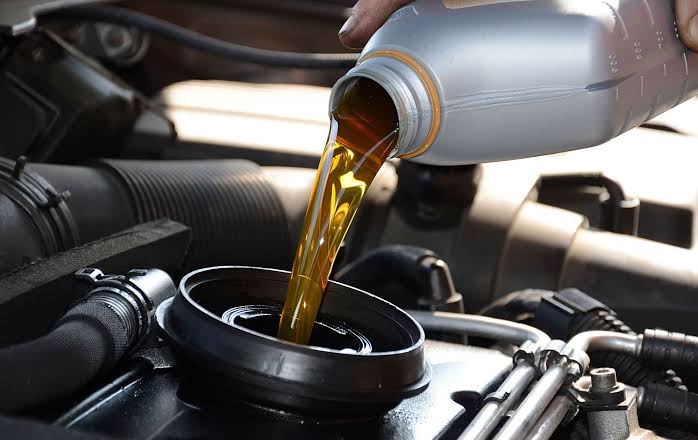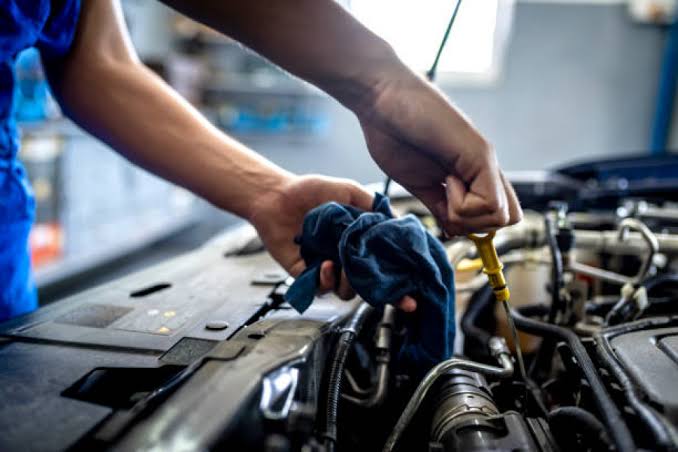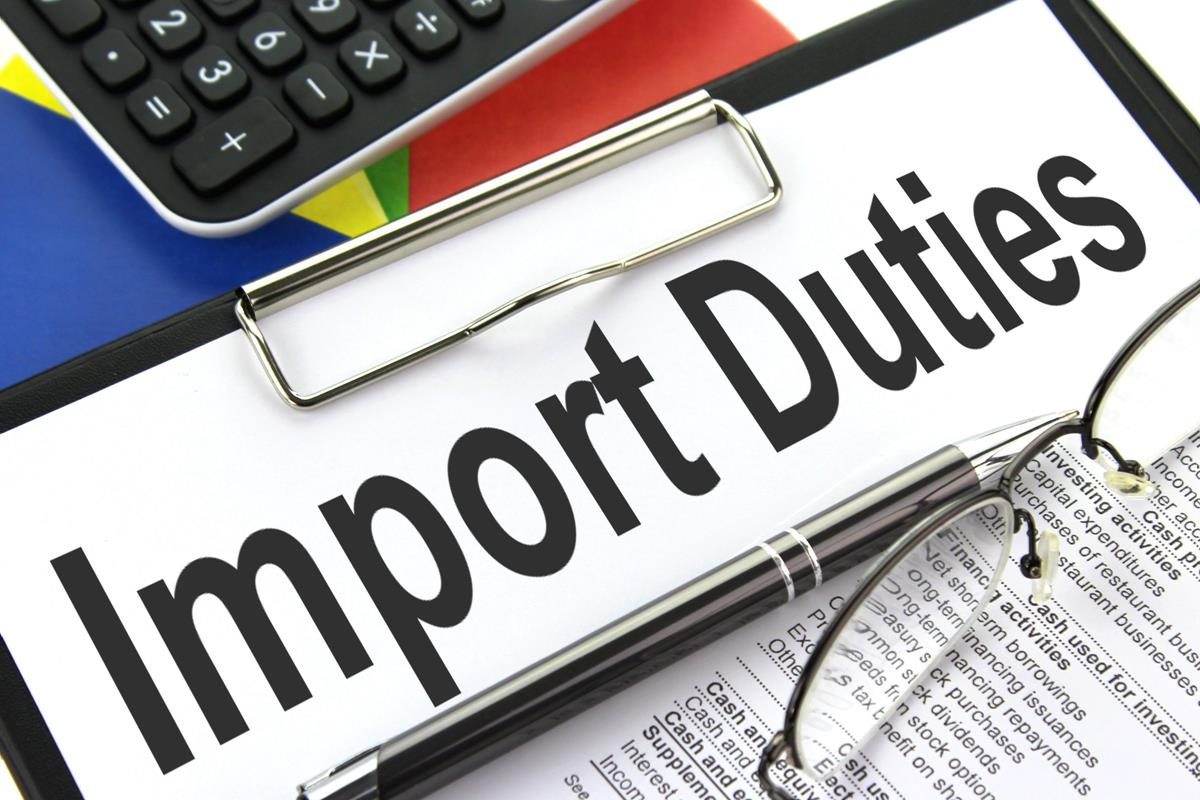Car Servicing in Nigeria: A Breakdown of Common Maintenance Expenses

Car maintenance is a crucial aspect of vehicle ownership, ensuring your car remains in top condition and avoids unexpected breakdowns. In Nigeria, car maintenance comes with unique challenges, such as rough roads, unpredictable fuel quality, and the varying expertise of mechanics. Understanding the costs associated with car servicing helps you plan your expenses and maintain your vehicle efficiently.
In this comprehensive guide, we’ll explore the costs of car maintenance in Nigeria, break down common expenses, highlight factors influencing these costs, and share tips to reduce overall expenses.
Understanding Car Maintenance in Nigeria
Car maintenance refers to the routine checks, replacements, and repairs needed to keep your vehicle running smoothly. Whether you’re driving on Lagos’s busy roads or navigating rural areas, regular servicing is essential for optimal performance and safety. In Nigeria, common maintenance tasks include oil changes, brake pad replacements, tire services, and more.
Why Regular Maintenance Matters
- Prolongs Vehicle Life: Routine servicing helps prevent wear and tear on essential components, ensuring your car lasts longer.
- Improves Fuel Efficiency: A well-maintained engine consumes less fuel, saving you money over time.
- Enhances Safety: Properly functioning brakes, tires, and steering systems are vital for avoiding accidents.
- Reduces Major Repairs: Early detection of issues prevents costly breakdowns.
Common Car Maintenance Services and Their Costs in Nigeria
The cost of servicing your car in Nigeria depends on the vehicle’s make, model, and the type of service required. Below is a detailed breakdown of common maintenance tasks:
Oil Change
Regular oil changes are vital for engine health. The type of oil (conventional or synthetic) and the car model determine the cost.
Conventional Oil: ₦5,000 – ₦7,000
Synthetic Oil: ₦7,000 – ₦10,000
These prices typically include the cost of oil and the oil filter replacement. High-performance or luxury vehicles may require premium oil, which costs more.
Brake Pad Replacement
Brake pads wear out over time and need replacement to ensure safe braking. The cost depends on the car model and the quality of brake pads.
Cost: ₦15,000 – ₦30,000
Premium brake pads may cost up to ₦50,000 for luxury cars. Replacing brake rotors (if needed) can add ₦20,000 – ₦50,000 to the total expense.
Tire Maintenance
Tires are one of the most critical components of your car. Regular tire checks ensure safety and fuel efficiency.
Tire Rotation and Balancing: ₦4,000 – ₦8,000
Wheel Alignment: ₦6,000 – ₦15,000
For a new set of tires, budget ₦40,000 – ₦100,000, depending on the brand and size.
Battery Replacement
A car battery typically lasts 2–3 years. Replacement costs vary depending on the type and capacity of the battery.
Cost: ₦15,000 – ₦50,000
Luxury vehicles may require specialized batteries costing ₦70,000 or more.
Air Filter Replacement
The air filter ensures clean air enters the engine, improving combustion efficiency.
Cost: ₦2,000 – ₦5,000
Neglecting this can lead to reduced fuel efficiency and engine performance.
Spark Plug Replacement
Spark plugs are vital for ignition. Faulty spark plugs can cause misfires and reduced engine performance.
Cost: ₦2,000 – ₦5,000 per plug
Full Set Replacement: ₦8,000 – ₦20,000
Coolant Replacement
The coolant regulates engine temperature and prevents overheating. Replacing it periodically is essential.
Cost: ₦3,000 – ₦10,000
Factors Influencing Car Maintenance Costs

- Vehicle Make and Model
Luxury brands like Mercedes-Benz or BMW require specialized parts and expertise, resulting in higher maintenance costs. On the other hand, popular brands like Toyota and Honda are cheaper to maintain due to the availability of parts and mechanics familiar with these models.
- Service Location
Servicing your car in Lagos or Abuja may cost more than in smaller towns due to higher overhead costs and demand.
- Quality of Parts
Using Original Equipment Manufacturer (OEM) parts ensures durability but comes at a higher cost compared to aftermarket or locally fabricated alternatives.
- Road Conditions
Driving on poorly maintained roads can lead to frequent tire replacements, suspension repairs, and alignment services.
Budgeting for Car Maintenance
Average Annual Costs
On average, car owners in Nigeria spend ₦200,000 – ₦1,000,000 annually on maintenance, depending on the vehicle type and usage.
Monthly Savings Plan
To avoid financial strain, set aside 5–10% of your monthly income for car-related expenses.
Tips to Reduce Maintenance Costs
- Adopt Preventive Maintenance: Regular inspections can identify potential issues before they escalate.
- Use Quality Parts: While OEM parts may cost more, they last longer and reduce overall expenses.
- Learn Basic Maintenance: Tasks like checking oil levels and tire pressure can be done personally.
- Compare Service Providers: Get quotes from multiple mechanics to find the best deal.
- Drive Responsibly: Avoid aggressive driving, which puts unnecessary strain on your car.
Comprehensive Service Packages
Many auto service centers in Nigeria offer bundled packages:
Basic Service: ₦20,000 – ₦40,000 (includes oil change, filter replacements, and general inspections).
Major Service: ₦50,000 – ₦150,000 (includes comprehensive diagnostics, brake servicing, and suspension checks).
Emerging Trends in Car Maintenance
Mobile Mechanics
Mobile mechanics offer convenience by coming to your location for repairs. While their rates are slightly higher, they save time and effort.
Electric Vehicle (EV) Maintenance
As EVs gain popularity, their maintenance costs differ from traditional cars. EVs require fewer fluids but may need specialized servicing for their batteries.
FAQs on Car Maintenance in Nigeria
- How often should I service my car?
Regular servicing is recommended every 5,000 km or three months, whichever comes first.
- Can I use aftermarket parts?
Yes, but ensure they are high-quality and compatible with your car to avoid frequent replacements.
- What’s the most expensive maintenance task?
Engine or transmission repairs are typically the costliest, ranging from ₦200,000 – ₦500,000.
- How can I save on fuel costs?
Regular engine tuning and proper tire inflation improve fuel efficiency.
Conclusion
Servicing your car in Nigeria involves various costs that depend on your vehicle type, usage, and service provider. By understanding these expenses and adopting preventive measures, you can reduce maintenance costs and ensure your car remains reliable. Whether you’re a first-time car owner or an experienced driver, this guide equips you with the knowledge to navigate car servicing in Nigeria effectively.


1 Comment